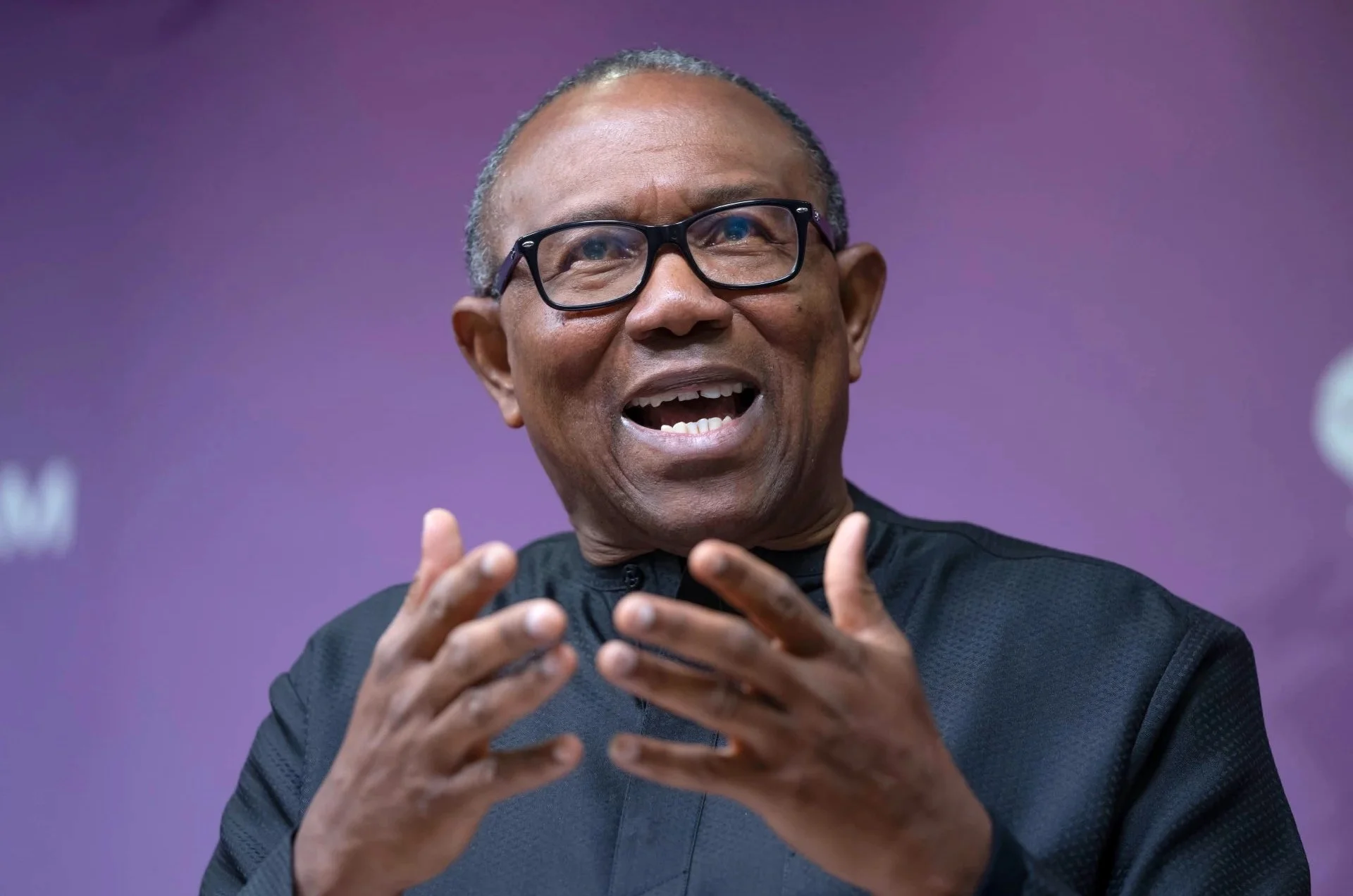
The 2023 general election Labour Party presidential candidate, Peter Obi, has expressed his disappointment regarding the significant failure rates seen in the 2024 Joint Admission Matriculation Board (JAMB) UTME examination. In a post shared on his official X account on Thursday, Obi highlighted how the shocking statistics present a distressing situation that requires immediate national focus.
Former Governor Obi voiced his concerns about how the educational sector in the country lags far behind nations such as Iran, Bangladesh, and Egypt.
In his post, he stated, “The recent unveiling of the JAMB UTME 2024 results and percentages has sparked deep concern regarding the state of education in our nation.
“These statistics paint a worrying picture that calls for urgent national attention and dialogue.
“The distribution of scores is troubling, with only 0.5% of candidates reportedly achieving a score of 300 (75%) and above, while a staggering 76% scored below 200 (below 50%).
“This highlights a clear gap in the quality of education provided across the country. Education remains a crucial factor in a nation’s progress on the Human Development Index (HDI).
“Unfortunately, Nigeria continues to fall behind in education, evident in its low HDI ranking of 164 out of 191 countries surveyed. This positions Nigeria below other similar countries like Iran, Egypt, Indonesia, Bangladesh, and the Philippines which have medium to high HDI levels.
“Despite the nation boasting a literacy rate above 50 percent, which is significantly lower than the global average of around 80%, Nigeria still trails behind other comparable nations like Iran, Egypt, Indonesia, Bangladesh, and the Philippines, with literacy rates exceeding 70%. This once again emphasizes the systemic obstacles in accessing quality education, especially in rural regions”.
Obi pointed out that “One of the implications of the overall poor performance in the UTME is that despite our population exceeding 200 million, Nigeria only has approximately 2 million full-time university students, while Iran, with a population of over 89 million, has more than 8.2 million students in a single university, Islamic Azad University. Bangladesh, with about 173 million inhabitants, boasts over 2 million undergraduates enrolled at the National University of Bangladesh”.
He urged for immediate focus on the education sector through robust investments, improved teacher training initiatives, and the implementation of inclusive policies.
